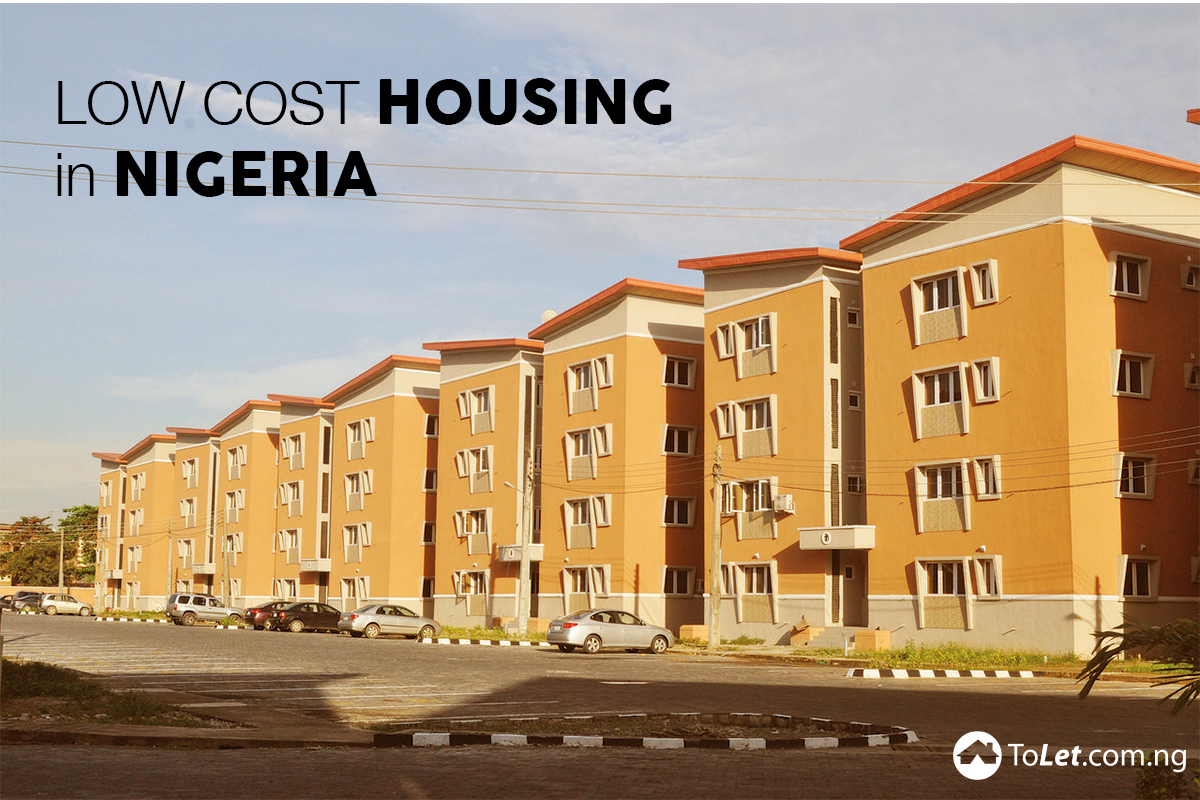
In a sale-leaseback (or sale and leaseback), a company sells its commercial realty to an investor for cash and all at once participates in a long-term lease with the new residential or commercial property owner. In doing so, the company extracts 100% of the residential or commercial property's worth and transforms an otherwise illiquid possession into working capital, while maintaining full functional control of the center. This is a terrific capital tool for business not in business of owning property, as their realty possessions represent a significant cash value that could be redeployed into higher-earning segments of their company to support growth.

What Are the Benefits?

Sale-leasebacks are an attractive capital raising tool for numerous companies and offer an alternative to standard bank financing. Whether a company is looking to purchase R&D, expand into a new market, fund an M&A transaction, or simply de-lever, sale-leasebacks function as a tactical tool to fund both internal and external growth in all market conditions.
Key Benefits Include:
- Immediate access to capital to reinvest in core business operations and growth efforts with greater equity returns.
- 100% market value realization of otherwise illiquid properties compared to financial obligation alternatives.
- Alternative capital source when traditional funding is unavailable or restricted.
- Ability to retain operational control of realty with no disruption to daily operations.
- Potential to acquire a long-lasting partner with the capital to fund future growths, constructing remodellings, energy retrofits and more.
Who Receives a Sale-Leaseback?
There are numerous elements that figure out whether a sale-leaseback is the right fit for a company. To be eligible, business should satisfy the following criteria:
Own Their Realty
The first and most obvious requirement for qualification is that the company owns its realty or have a choice to buy any existing leased space. Manufacturing facilities, business headquarters, retail locations, and other kinds of realty can be possible prospects for a sale-leaseback. Unlocking the worth of these locations and redeploying that capital into greater yielding parts of business is a crucial chauffeur for business pursuing sale-leasebacks.
Be Willing to Commit to Operating in the Space
While the term of the lease in a sale-leaseback can vary, the majority of financiers will desire a commitment from a future occupant to occupy the area for a 10+ year term. Assets crucial to a business's operations are frequently excellent candidates for a sale-leaseback because a business wants to sign a long-lasting lease for those areas. This makes it a more attractive investment for sale-leaseback financiers as they have more security that the renter will remain in the facility for the long term.
Have a Strong Credit Profile
Companies do not need to be investment-grade quality to pursue a sale-leaseback. However, some credit history is normally required so the sale-leaseback financier understands that business can make rental payments throughout the lease. Sub-investment-grade businesses are still qualified as long as they have a strong track record of profits and cashflow from which to evaluate their credit reliability; however, they may require to discover an investor who has the underwriting capabilities to assess their service. Minimum profits and profitability requirements will differ based firm to firm, so it's finest to inquire about this upfront before engaging with any specific sale-leaseback partner.
Qualities to Search for in a Sale-leaseback Investor
When thinking about a sale-leaseback, discovering the best purchaser is important in order to guarantee a company is taking full advantage of the value of their realty. Here are some of the key qualities to search for in a sale-leaseback financier.
Experience

An experienced investor can offer more flexibility and guide sellers through the process, developing personalized offer structures to satisfy all of a company's distinct objectives and prevent possible pitfalls. Additionally, skilled financiers can generally browse all market cycles and provide certainty of close (some in as little as 1 month), ensuring the offer closes in a timeframe that works for the company and their fiscal requirements.
An All-Equity Buyer
When searching for a sale-leaseback partner, discovering an all-equity purchaser is necessary, especially when handling timing restrictions. All-equity purchasers do not need to stress over third-party debt or funding contingencies, suggesting there's less likelihood of a re-trade in the late phases of negotiation. All-equity purchasers can also typically close much faster as they do not require to wait on approval from banks or lenders, providing a smoother procedure overall.
A Long-Term Real Estate Holder
Finding a long-lasting financier is essential. Sellers don't want somebody who is merely looking to flip a residential or commercial property for a quick profit. Instead, search for a financier who will stay a dedicated partner to you over the long term and one that can supply capital for future tasks such as expansions, restorations, or energy retrofits.
Diverse Knowledge and Experience
Different industries, residential or commercial property types and places need unique competence to effectively and successfully partner with sellers to structure a deal that address the requirements of all parties. Working with an investor with experience in the business's particular industry, residential or commercial property type and/or country guarantees that all prospective dangers and opportunities are thought about before entering into a sale-leaseback contract. For example, if you are thinking about a cross-border, multi-country transaction it's vital you search for a financier with local teams in those nations who speak the language and comprehend the local guidelines.
When looking into a sale-leaseback, another term companies may come across is a build-to-suit. In a build-to-suit, a company funds and handles the building and construction of a new center or growth of an existing one to meet the specs of a prospective or existing renter. Upon completion, the company participates in a long-lasting lease, comparable to a sale-leaseback. For companies trying to find a new residential or commercial property, this is a great solution that requires no in advance capital.
The Main Benefits of Build-to-Suits Include:
- Development of a custom-made facility in a place of the business's option.
- No in advance capital needed, making it possible for the company to maintain capital for its business.
- Ability to keep operational control of the center post building and construction.
- Potential to get a long-term partner with the capital to money future expansions, constructing restorations, energy retrofits and more.

While sale-leasebacks may appear frightening for companies who have never pursued one, working with an experienced and well-capitalized financier can make the process easy. When working with an investor like W. P. Carey, sellers can guarantee they are dealing with a partner that can comprehend the unique requirements of their company while having the added option of closing in just 1 month and the included advantage of acquiring a long-term partner who can support its tenants through versatility and additional capital need to they wish to pursue follow-on tasks such as growths or energy retrofits as their service and genuine estate requires progress. In all market conditions, sale-leasebacks are a fantastic financing tool to unlock otherwise illiquid capital that can be reinvested into a company's company to support future development.
Think a sale-leaseback is ideal for your company? Contact our team today!
